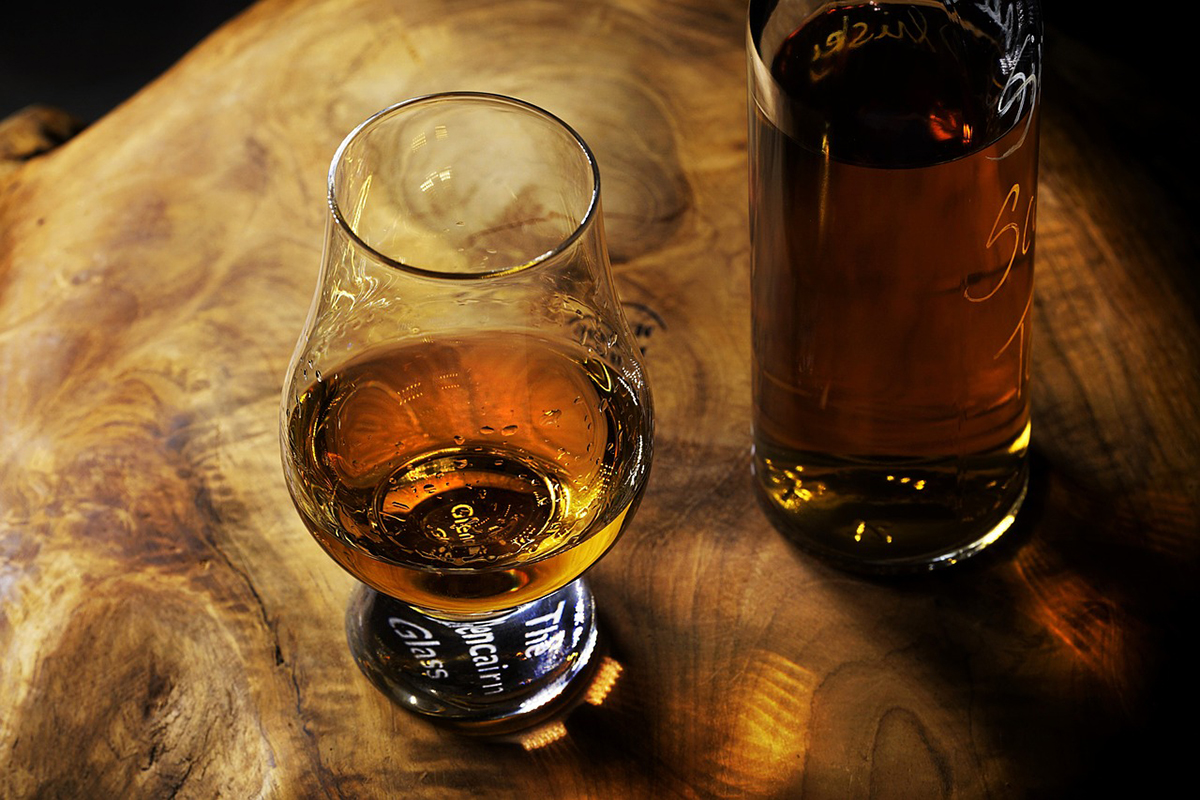The collectible whisky market has seen a remarkable downturn in auction prices, experiencing its most considerable fall since the early 2020s, with the exception of the period affected by the COVID-19 crisis. Noble & Co’s detailed study, which tracked around 8,500 sales of premium single malt whiskies, notes a 7% decline in the auction values over the last year. High-end bottles, often sold for upwards of £1,000, have seen their collective worth drop by £27 million from the year before. This downturn interrupts a period of growth, which saw a 19% increase in the prior year, and puts a dent in the image of rare whiskies as a consistently robust investment choice.
Despite a 10% increase in the volume of sales reaching over 8,500 bottles in the initial ten months of 2023, the market’s value has not been immune to the broader economic challenges, such as those affecting China’s property market, impacting luxury item sales globally.
The whisky industry’s giants, including Diageo, the company behind Johnnie Walker, have forecasted lower profits in the year’s second half due to slower sales in various regions, including Latin America and the Caribbean. The Scotch Whisky Association has also reported a 3.6% fall in exports in the year’s first half.
Yet, the top tier of the whisky market remains somewhat stable, with high-demand bottles maintaining their value. Collectors seem to be holding onto their valuable whiskies instead of selling them at lower prices. While there have been remarkable sales, like a Macallan 1926 bottle sold for £2.1 million, these are outliers and not reflective of the overall market direction.
Moreover, the broader high-end whisky market hasn’t seen growth in bottle values, even though the number of bottles sold increased by 17%, highlighting the buyers’ cautious approach to spending. This caution is more evident in the bracket of whiskies costing over £10,000, where market confidence significantly influences purchasing decisions.
With the current economic headwinds, experts predict the auction market trend will likely persist. Yet, some distillers remain hopeful, especially those who invested heavily during the peak years. They trust in the enduring appeal of top-tier brands and the untapped potential in new markets, particularly in Asia, to sustain the industry’s growth. Distilleries like Edinburgh’s Holyrood Distillery, established in 2019, are optimistic about their prospects in the premium spirits segment, despite the looming economic concerns across Europe.
The whisky industry’s present scenario offers a nuanced view: although premium whiskies have traditionally been a stronghold against market fluctuations, they are now exhibiting susceptibility amidst wider economic challenges.







